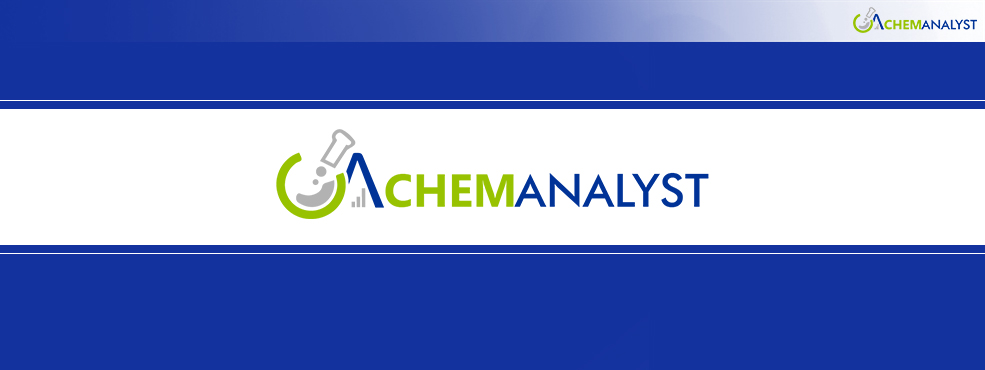Welcome To ChemAnalyst

Dutch dimethyl carbonate prices rebounded in early August as a weaker euro increased import costs from China, EU carbon compliance costs remained high, and congestion at the Port of Rotterdam delayed shipments. With Chinese exporters facing firm domestic demand and offering fewer discounts, and Dutch inventories running low, sellers were quick to lift offers. Barring a reversal in currency or logistics conditions, the Dutch market is likely to sustain a firmer dimethyl carbonate trend into the coming months.
Dutch dimethyl carbonate prices have staged a sharp rebound entering August, driven by a mix of currency pressure, regulatory costs, and port delays. The euro's recent slide against the dollar has made dollar-denominated imports from China more expensive, while congestion at the Port of Rotterdam has stretched delivery timelines. On top of that, persistently high EU carbon allowance prices are adding extra compliance costs to every incoming tonne of dimethyl carbonate. Together, these factors have pushed up seller offers and ended months of subdued trading in the Netherlands' dimethyl carbonate market.
Currency shifts were the first signal. Between July 29 and August 1, the euro hovered between USD 1.14 and USD 1.17, increasing the landed cost of Chinese dimethyl carbonate cargoes priced in U.S. dollars. Importers, hedging against further forex volatility, moved to secure cargoes at slightly higher levels rather than waiting for a correction that never came.
At the same time, the EU Emissions Trading System (ETS) remained a quiet but firm contributor to cost pressure. Although carbon prices have come down slightly from early 2025 highs, they’re still holding above Euro 70 per tCO2e. With the ETS gradually reducing free allocations, every shipment of dimethyl carbonate into the EU is now carrying a meaningful compliance premium, one that traders are increasingly factoring into their quotes.
Logistics only made things worse. The Port of Rotterdam has been under heavy stress in recent weeks, with vessel berthing delays stretching up to 72 hours. Maersk and other major lines have even diverted some services to nearby ports like Hamburg. This disruption has raised demurrage, warehousing, and local trucking costs for importers, squeezing margins and tightening short-term availability of dimethyl carbonate.
On the supply side, Dutch buyers largely depend on China for dimethyl carbonate imports. In Q2, Chinese prices fell nearly 7% amid domestic oversupply, which encouraged European buyers to adopt cautious, hand-to-mouth purchasing strategies. That left minimal inventory buffers when port delays hit, quickly turning market sentiment from stable to firm.
Chinese producers are also seeing steady demand growth from the EV sector, where dimethyl carbonate plays a key role in electrolyte formulations. With domestic demand firming, exporters are showing less willingness to offer steep discounts, suggesting a floor may be forming in global prices.
Looking ahead, according to the ChemAnalyst database, most Dutch traders foresee further upside risk. Unless the euro rebounds significantly, carbon prices dip, or Rotterdam port operations normalize quickly, the recent rally in dimethyl carbonate could extend well into autumn.
We use cookies to deliver the best possible experience on our website. To learn more, visit our Privacy Policy. By continuing to use this site or by closing this box, you consent to our use of cookies. More info.
